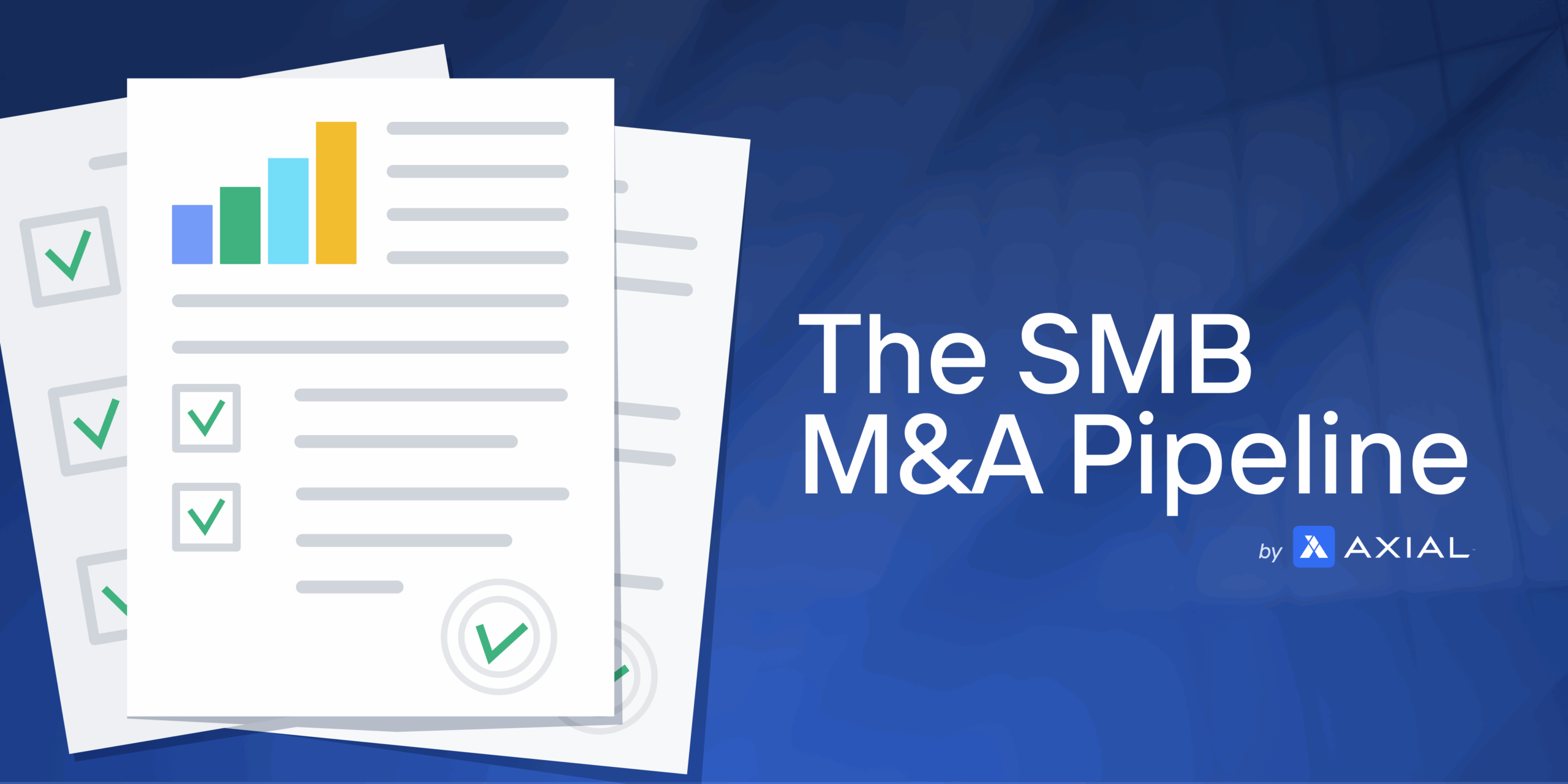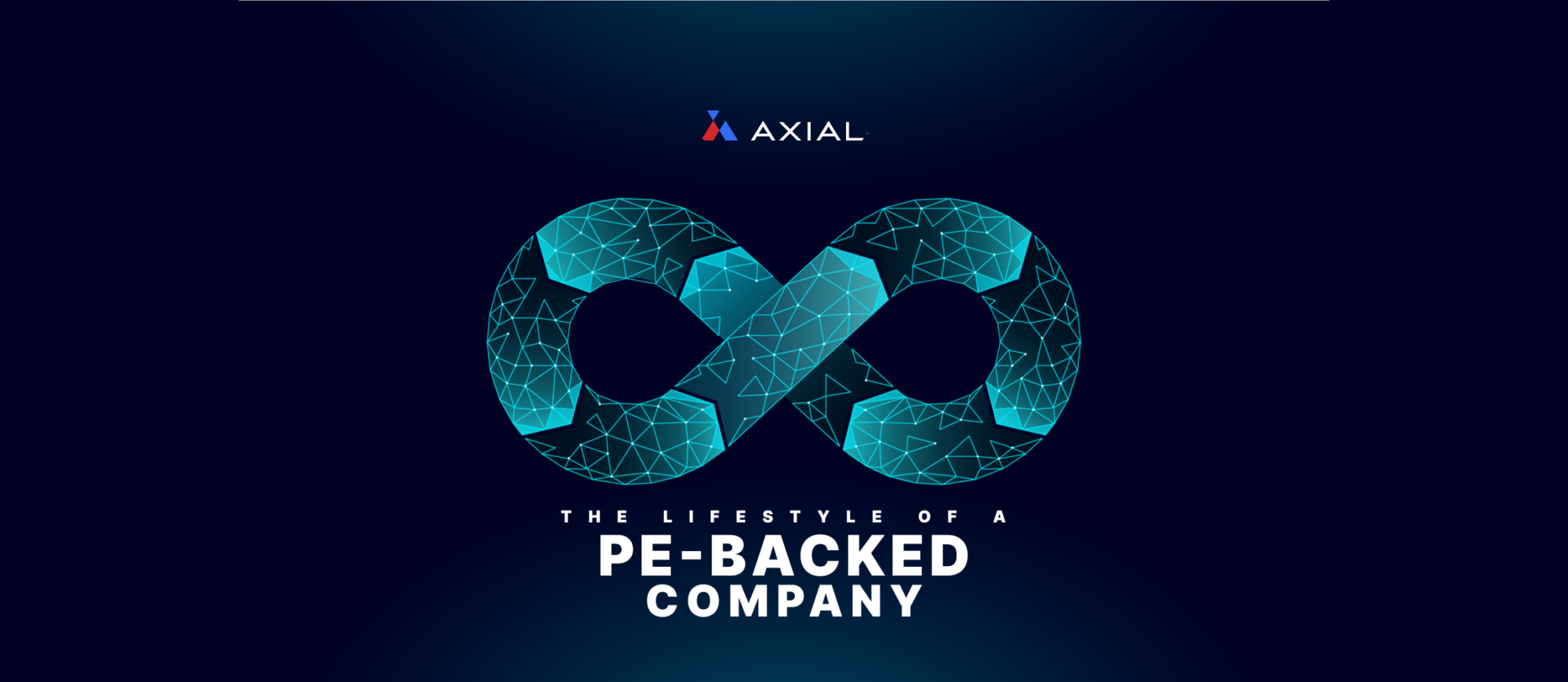
The SMB M&A Pipeline: Q4 2025
Welcome to the Q4 2025 issue of The SMB M&A Pipeline, the quarterly series that surfaces a top-of-the-funnel breakdown of…
The lifecycle of an acquired platform company can be fascinating to watch, particularly if the acquirers are not in a hurry to exit.
Case in point: In June 2015 LFM Capital, then a one-year-old private equity firm in Nashville focused on manufacturing companies in the lower middle market, bought its first business, Eckhart & Associates. The Michigan-based company, a designer and maker of ergonomic tools for auto and industrial manufacturers, was a perfect match for LFM, which is run by leaders with extensive backgrounds in manufacturing operations.
Eckhart was “a healthy company that had been growing nicely, that had some strong team members, and former owners who wanted out of the business,” said LFM’s co-founder and Managing Director, Dan Shockley, who spent his prior years running manufacturing operations for Caterpillar Inc., and Ditch Witch, a division of The Charles Machine Works, Inc.
In January 2022, more than six years later — a long hold period for some investors — LFM completed its sale of Eckhart Holdings, Inc. (updated name) to Arsenal Capital Partners, a New York private equity firm eyeing the industrials and healthcare sectors. Terms of the deal were not disclosed. In those six years, Eckhart had changed, refocused, expanded, and grown significantly — and as such, attracted interest from numerous financial and strategic buyers, noted Chris Lin, also a managing director at LFM.
“We’re very pleased by what Eckhart has become over the years through a lot of hard work by the management team and contributions from LFM,” Lin said.
LFM got its start in 2014, and since then has bought and sold numerous companies in the manufacturing and industrial sectors. It typically completes two to four platform deals and two to four add-on deals annually, Shockley said. The firm looks for private manufacturing businesses in the United States and Canada that are poised for growth, that may need newly recruited management personnel, and that can benefit from the operational experience of LFM’s team. Targets typically include companies with revenue from $10 million to $150 million, and EBITDA from $3 million to $15 million. Once an acquired company grows beyond this, LFM seeks an exit.
“We need to have conviction that we’re a great buyer for the businesses, and that the businesses are not just a shiny penny that anyone in our industry would be interested in,” Shockley said.
LFM is an active firm continually sourcing deals. In the first two months this year, the firm announced the sale of Eckhart Holdings along with Fecon, LLC, a maker of forestry mulching equipment. LFM had acquired Fecon in 2018. LFM also recently bought SureKap, a manufacturer of automated packaging machinery.
LFM typically holds its acquired businesses for four to seven years — though it’s not a hard-and-fast rule — but is “not looking to buy a company and do a few things and flip it”, Lin noted. “We’re always looking for opportunities to invest in companies where we think we can make a difference.” The firm’s investors are primarily institutional: large universities and their endowments, charitable organizations, and other professional funds, he said.
LFM often strengthens management teams of the businesses it acquires by recruiting through its network, and then has monthly check-ins and quarterly board meetings. The firm provides operational guidance when management teams seek it, and employs a partnership approach while giving these teams the authority to run their organizations. “We avoid micromanaging… and instead seek to act as a true partner and provide support based on our experiences and networks,” Shockley said.
LFM found Eckhart on Axial’s platform. The firm’s vision for Eckhart evolved over time, and was partially driven by newly recruited CEO Andy Storm, Shockley noted. Storm placed a lot of emphasis on robotics, and that shift in focus brought in additional customers, he said.
But the real transformation occurred when LFM acquired, one by one, six add-on companies in an attempt to expand Eckhart’s talent, customer base, and geographic footprint. To date, Eckhart brought in more add-ons than any other LFM portfolio company. Some of these add-on businesses — including Minnesota-based PRI Robotics and Automation and Indiana-based Gasper Engineering — had robotics capabilities, which propelled Eckhart into markets other than automotive and diversified its offerings.
“We considered dozens of add-ons through Eckhart’s journey, and the six we chose were very thoughtful,” Shockley said.
Eckhart had broad-based interest from multiple buyers, but in the end, Eckhart’s management team was most excited about Arsenal, and the fit was there, noted Shockley. “The management team view and enthusiasm for a given buyer is really important to us, and definitely a consideration as we zero in on the right buyer,” he said.
